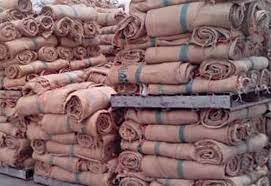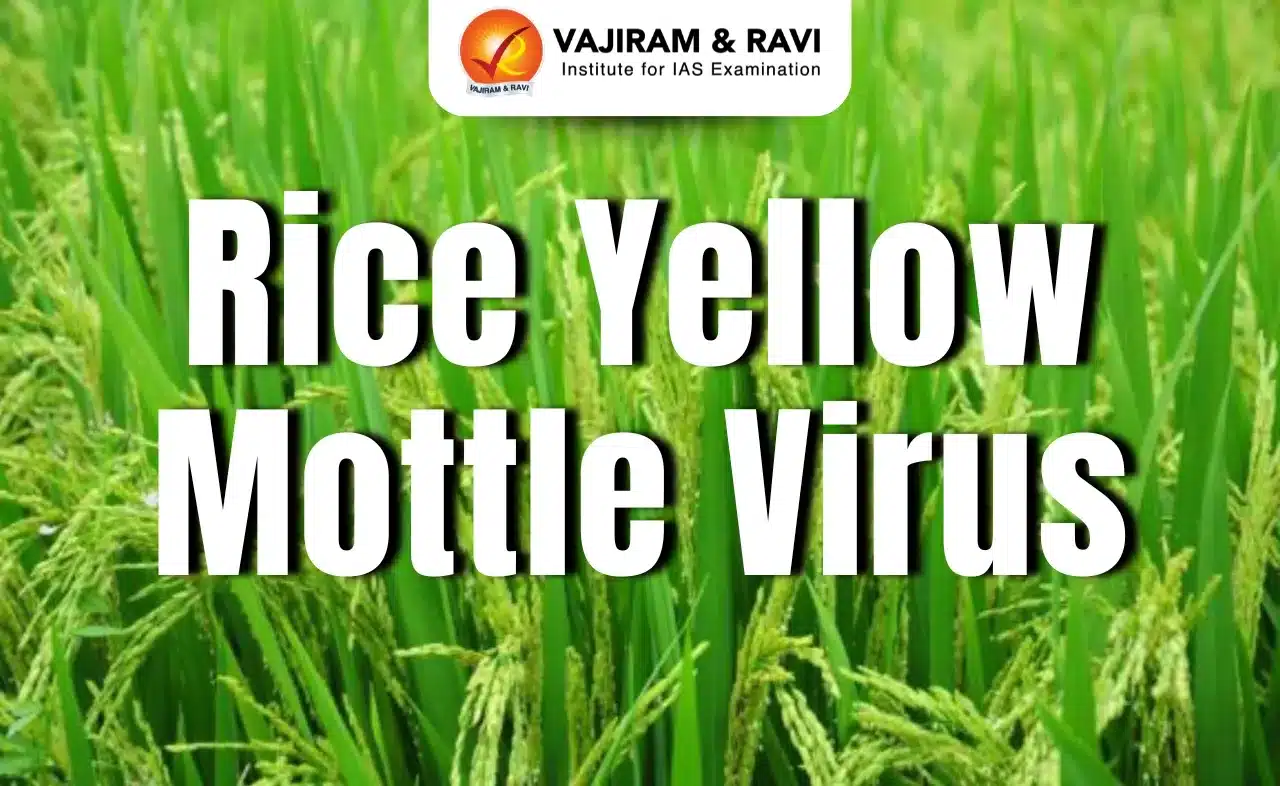About Jute Packaging Act, 1987:
- The reservation norms unde JPM Act provide for direct employment to 3.70 lakh workers and protect the interest of approximately 40 lakh farm families in the jute sector.
- It protects the interest of Jute farmers, workers and persons engaged in jute goods’ production
- The Mandatory norms for full reservation for packaging of food grains and 20% reservation for packaging of sugar in jute bags will be a big boost for West Bengal.
Key facts about Jute
- Jute is one of the most important natural fibres after cotton in terms of cultivation and usage
Climatic conditions required for its growth
- Temperature: Between 25-35°C
- Rainfall: Around 150-250 cm
- Soil Type: Well-drained alluvial soil.
- India is the largest producer of jute followed by Bangladesh and China.
- It is mainly grown in eastern India because of the rich alluvial soil of the Ganga-Brahmaputra delta.
- In India, major jute-producing states include West Bengal, Bihar, Odisha, Assam, Andhra Pradesh, Meghalaya and Tripura.
Q1) What is Jute SMART?
It is an e-government initiative which was launched in December 2016 to promote transparency in the jute sector which provides an integrated platform for procurement of sacking by Government agencies
Source:Reservation norms for Jute Packaging Materials for Jute Year 2022-23 under JPM Act, 1987
Last updated on June, 2025
→ UPSC Notification 2025 was released on 22nd January 2025.
→ UPSC Prelims Result 2025 is out now for the CSE held on 25 May 2025.
→ UPSC Prelims Question Paper 2025 and Unofficial Prelims Answer Key 2025 are available now.
→ UPSC Calendar 2026 is released on 15th May, 2025.
→ The UPSC Vacancy 2025 were released 1129, out of which 979 were for UPSC CSE and remaining 150 are for UPSC IFoS.
→ UPSC Mains 2025 will be conducted on 22nd August 2025.
→ UPSC Prelims 2026 will be conducted on 24th May, 2026 & UPSC Mains 2026 will be conducted on 21st August 2026.
→ The UPSC Selection Process is of 3 stages-Prelims, Mains and Interview.
→ UPSC Result 2024 is released with latest UPSC Marksheet 2024. Check Now!
→ UPSC Toppers List 2024 is released now. Shakti Dubey is UPSC AIR 1 2024 Topper.
→ Also check Best IAS Coaching in Delhi
























